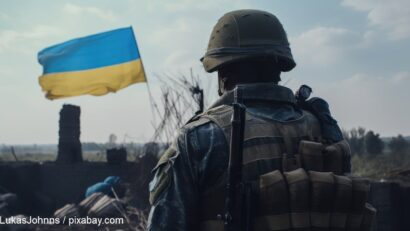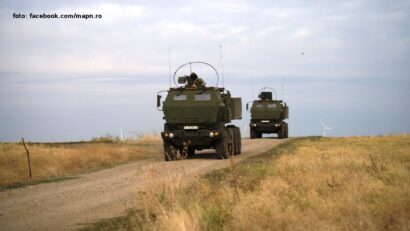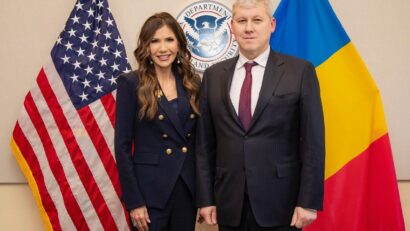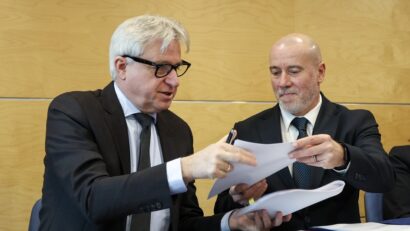The Conclusions of the Winter European Council
Brussels has hosted the Winter European Council, the last meeting of the EU states leaders this year. Romania was represented by President Klaus Iohannis.
Mihai Pelin, 16.12.2016, 14:01
The Romanian President Klaus Iohannis on Thursday attended the Winter European Council meeting, held in Brussels, where he pleaded for the importance of boosting cooperation between NATO and the EU. The agenda of the meeting covered such issues as migration management, aspects related to internal and external security and the EU’s foreign relations. Talks on migration focussed mainly on cooperation with the countries of origin and of transit as well as on the evaluation of progress in implementing cooperation frameworks with third countries, relative to migration issues.
Another relevant issue, also supported by the Romanian President, referred to the need to monitor the migration flows, and their evolution on the Eastern Mediterranean route, and to further support the states on the Balkan route, in order to avoid its reactivation. The participants also approached the economic developments at European level, the objectives promoted by Romania regarding the importance of implementing the Strategies for Europe’s Internal Market, including the Digital Single Market Strategy. In Brussels, the heads of state and government agreed that additional efforts are needed to tighten security at EU level and to take the European security and defence policy to a whole new level.
In this context, Klaus Iohannis has underlined how important it is to capitalise on the current opportunities and consolidate the response to security challenges, by boosting cooperation between NATO and the EU. As regards the EU’s foreign relations, the talks focussed mainly on Ukraine, Syria and Russia. In the Ukrainian file, all member states reiterated their commitment towards the full enforcement of the Deep and Comprehensive Free Trade Agreement between the EU and Ukraine as soon as possible. In Syria’s case, the leaders of the EU member states have firmly condemned the continuation of the siege of Aleppo and reiterated the importance of an inclusive political solution, in order to put an end to the tragedies in that country, also by involving regional actors in the process.
In another move, the European leaders agreed with a 6-month extension of the EU sanctions on Russia, as of January 31, 2017, given the lack of progress in implementing the provisions of the Minsk agreements. An informal meeting on the Brexit has been held on the sidelines of the summit, and it ended with the adoption of a declaration which presents the procedural preparatory steps, in the EU-27 format, to start future negotiations with Great Britain.

